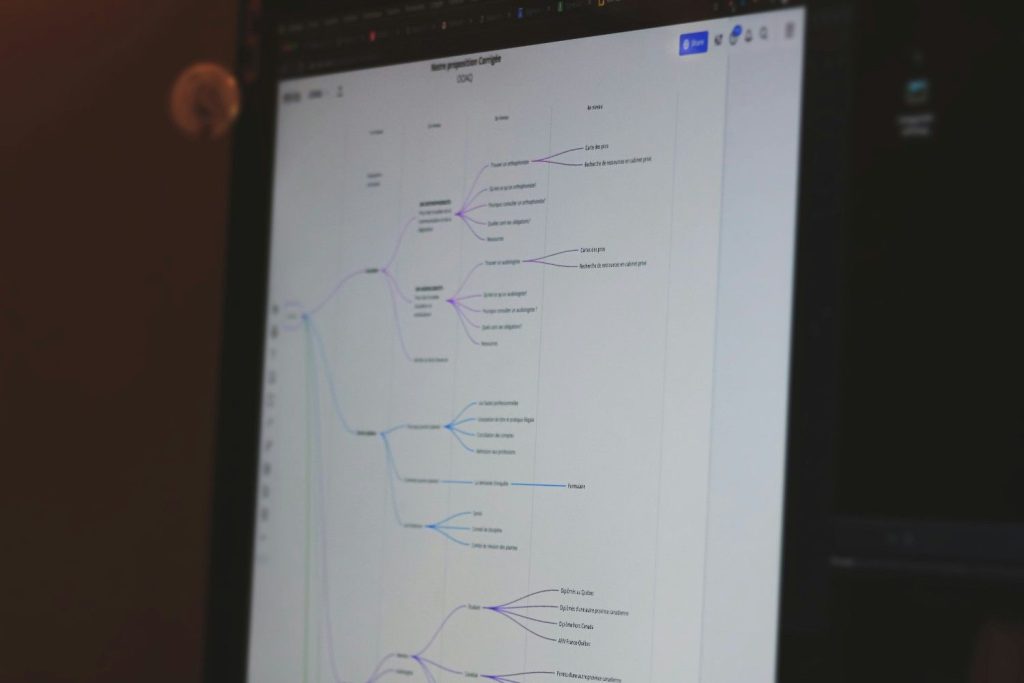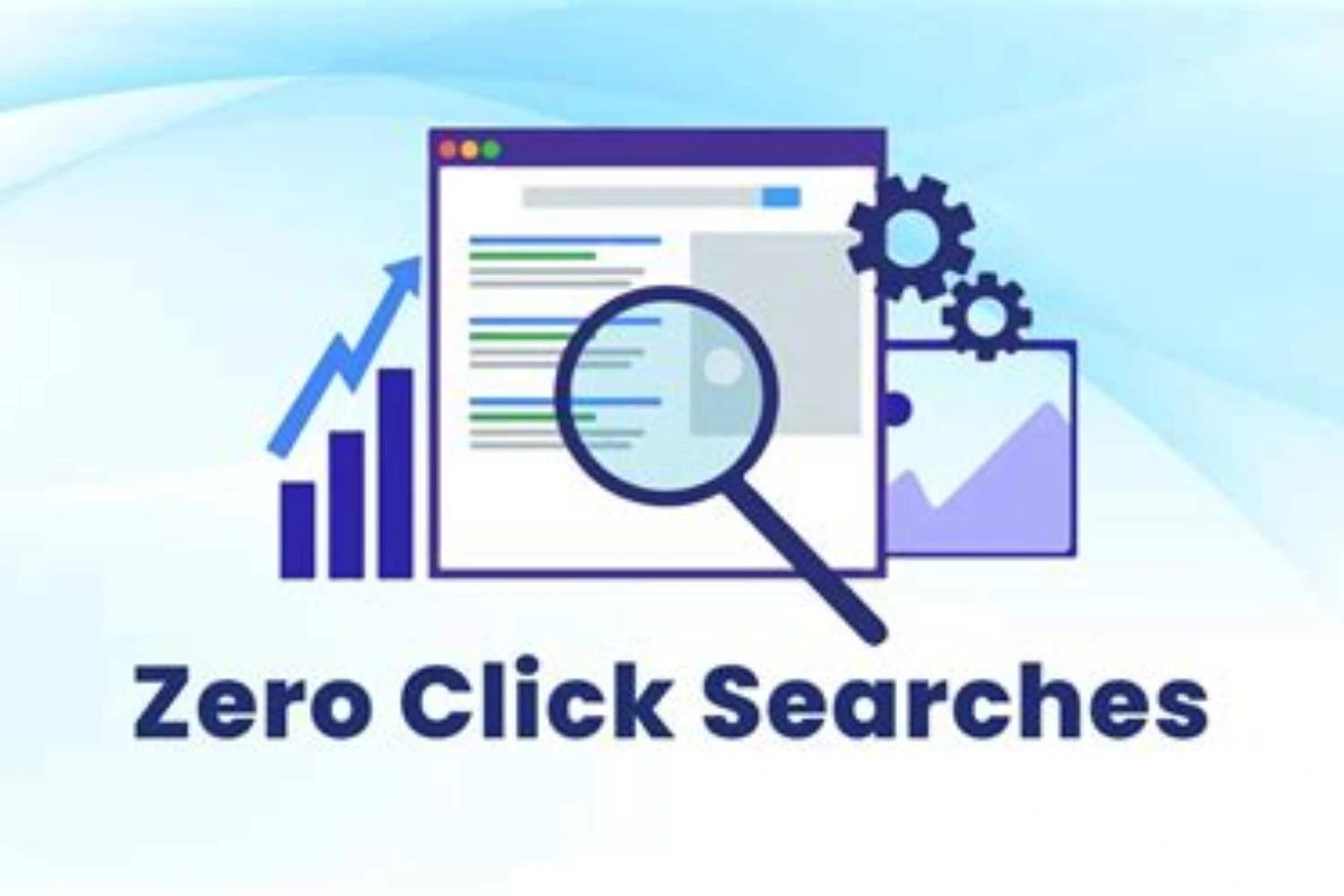Schema Markup For AI Overviews: An Actionable Guide To Winning Visibility
Well-structured data on the web page can tell the internet invigilator—Google—a lot. That is what schema markup does. It tells the search engines or AI where they find the information and what they are—answers or questions or incitation—and whether they are images or videos, and this is how people get polished AI-generated summaries on top of the search page. As AI overviews are increasingly becoming a primary source of information for searchers, schema markup has become a pivotal source of finding targeted information.
The shift to AI has major implications for SEO, content strategy, and digital discoverability as well. Brands that want to remain visible within AI-generated answers are now rethinking optimization, which must go beyond text content alone; it should comprise images, videos (if they make the whole content more relevant), real experiences, or reviews to give it a personal touch. One of the most effective levers in this phase of generative search is schema markup, especially that which follows the FAQ schema pattern.
What Does Schema Markup Do?
Schema markup provides structured data that helps search engines and now AI systems to classify and understand content more reliably. It improves the possibility of getting a page more credibility as a data source for AI overviews. In a nutshell, schema helps content become machine-readable and interpretable, and ensures that the searcher gets the finest and most credible information on the internet.
In one line, schema is a critical component of generative SEO in this era.
Why Schema Markup Matters For AI Overviews

AI searches and generative overviews rely primarily on factual precision, understanding the site’s identity, and alignment of content according to the context. These elements do not necessarily come from keyword density but from the data clarity.
And schema markup creates that clarity.
Google has not officially stated that schema guarantees inclusion within AI Overviews; multiple data points across the SEO industry, though, indicate that pages with structured data do significantly increase their AI search visibility and have a significantly higher chance of their content being selected in AI-generated summaries.
This also helps us to understand how large-scale language models process information and structured data with the help of a schema, which just makes it easier to extract, verify, and reuse for the internet user.
Therefore, the question is not whether the schema helps with AI.
The more accurate question would be, why would AI choose a page that isn’t easy to understand when another page is easier and more human-readable?
Most Important Types Of Schemas This Year
Different schemas improve eligibility across different query intents. Let’s decode different types of schemas that you need to know this year to enhance AI search visibility of your website:
- FAQ Schema—It is ideal for question-answer-based queries
- How-To Schema—This type supports procedural, instructional content
- Product Schema—This type of content provides critical comparisons of pricing, specifications, characteristics, etc.
- Organization/Local Business Schema— It strengthens brand/entity clarity
- Review Schema—It is useful for evaluation and sentiment signals
- Article/Blog Posting Schema—This improves contextual understanding for editorial content.
These schema types match the kinds of content AI overviews that are very common now. Therefore, if the AI is showing steps, FAQs, reviews, or comparison tables, schema helps the AI pull that information out more accurately from the most reliable and credible webpages.
Schema Is A Qualification Layer And Not A Ranking Factor ALONE!
Schema is not an extra markup. Schema has now become a qualification signal for AI generative search. Our professionals at Yukti Digital know exactly how to get your pages placed in AI overviews and the best schema for SEO, so you don’t have to start from scratch and get the benefits of years of experience and skills.
Of course, schema doesn’t replace good content. Even after the markup, you have to provide strong information on the subject, expert depth, and links to trustworthy sources. Schema increases the chance that your page gets selected when AI systems are scanning the webpages for answers.
You can think of it like labeling files correctly in a digital library. A file can be excellent, but if it has no clear tags (markups—showing what is what and why it is there), it won’t show up at the right moment.
The schema is that tag. It tells AI:
- What this section is about
- Which parts are steps
- Which parts are FAQs
- Which parts are comparisons?
Schema markup ensures AI can confidently extract the information and show it on top of the search page.
Without a schema, AI is simply a guess. And this sounds very ambiguous and unreliable, right!?
With a schema, AI knows the path to follow.
Practical Schema Implementation Approach

Organizations are now taking schema markup very seriously as a part of SEO. They are adopting a schema for better AI visibility, and this implementation approach includes four stages:
1. Intent Mapping
Identify the search intent behind the queries of the people where AI Overviews already surface in your industry. Look for related questions and pages that AI mostly picks to answer those questions.
2. Content Structuring And Restructuring
Create pages that directly satisfy those informational patterns as mentioned above—steps, comparisons, definitions, FAQs, etc. And do not let your content go stale ever. Always pick the old content and restructure it to keep up the pace.
3. Schema Selection And Application
Apply the appropriate schema type that aligns with the structural purpose of the content.
4. Validation And Monitoring
Use Google’s rich results test, the schema.org validator, and the search console to ensure error-free markup.
This approach aligns the schema with strategic outcomes.
The Future Of SEO

This year, text will continue to matter, but text alone will not be sufficient. It requires more to earn the credibility to be shown by AI generative search.
SEO is currently undergoing a foundational shift. Once upon a time, it was all about short-tail keywords, long-tail keywords, and sometimes keyword stuffing, aiming to reach a certain percentage. It was more about keywords and data targeting.
Visibility in AI overviews will require content that is
- Structured
- Machine-interpretable
- Entity consistent (language style)
- Context anchored.
Schema markup supports all four characteristics simultaneously. And this is the time when brands need to shift their focus to such points.
So, what exactly is too bad or perhaps fatal for your webpage content?
No JavaScript
Most modern sites use JS for tracking, interactions, forms, etc.
No Custom Domain Name Or No Homepage
Of course, this looks very unprofessional and weakens brand trust. Google and users treat it like a temporary thing or a hobby project. Perhaps a website created by mistake!
No Sitemap
This can be quite fatal. Google might still find pages, but slower and not reliably. A sitemap on your website helps a search engine understand what should be indexed.
No Robots.txt
Robots.txt gives crawling instructions to Google or search engines, and without it, Google will still do it, but with a blindfold.
No Canonical Tags
Canonicals prevent duplicate content problems if they exist on your website. Without them, Google might index the wrong version of a page or treat duplicates as separate pages, and you might lose the hard-earned ranking power.
Conclusion
AI overviews have now become a normal part of how people search and do their research on the internet. The way we answer is now changing.
It is no longer just ranking on the Google SERPs. Now the real question is how to make sure our content is selected and shown inside AI-generated summaries?
Schema markup is one of the easiest and strongest ways to give your content and webpage actual value.
How Does Schema Markup Magic Work?
It helps machines understand your content better, connect your page to the right topics, and recognize your entity signals. This makes your content more likely to be pulled into Google AI Overviews and other AI search outputs. In the world of generative SEO, this matters a lot. Yukti Digital understands the complexity and can help you set up, optimize, and implement the right schema types so that you can focus on the core business agenda. Call us today and talk with our professionals and unlock new ways to make your website preferred by AI overviews.
Schema Markup for AI – Most Asked Questions
1. I already use schema for traditional SEO. Why is Schema Markup For AI so different?
That’s a great question. Think of it this way: traditional schema is like giving Google a detailed “About Me” page for your content. It helps the search engine understand the what.
Schema Markup For AI is about preparing for a hyper-intelligent assistant. AI Overviews and other generative results don’t just list links; they synthesize information to provide direct answers. Your schema is the raw material they use. By providing clear, structured data for key entities (like a recipe’s cooking time, a product’s features, or an article’s key takeaways), you’re not just asking to be ranked—you’re positioning your content as a trusted, citable source for the AI to quote and reference directly.
2. What’s the single most important type of schema I should implement for AI right now?
If you focus on just one thing, make it FAQPage and/or HowTo markup. Here’s why: AI Overviews are fundamentally in the business of answering questions. When you use the FAQPage schema, you are literally feeding the AI perfectly formatted question-and-answer pairs. When a user asks a similar question, the AI is highly likely to pull directly from your structured data to build its response, giving you immense visibility.
Similarly, the HowTo schema breaks down a process into clear, numbered steps. This is a goldmine for AI, allowing it to extract a step-by-step guide directly from your site. In short, you’re making it effortless for the AI to use your content, which is the entire goal.
3. Is there a risk that providing clear answers through Schema Markup For AI will kill my website traffic?
This is a common fear, but the perspective needs to shift. The goal is no longer just a “click.” It’s authority and visibility. If an AI cites your website as the source for a key fact in its overview, you gain immediate, top-tier credibility with the user. You are positioned as the expert.
While the user might get their direct answer, they are now aware of your brand as a trusted resource. For more complex queries, they are more likely to click through to your site for deeper context, especially if the AI clearly attributes the information to you. Winning the visibility battle in the AI era means being the source, not just another link in a list.
4. My content is creative and nuanced. Can Schema Markup For AI really capture that?
Absolutely, and it must do. For creative content, lean on schema types like Article, Blog Posting, and Commentary. Use the description and abstract fields to provide a powerful, concise summary of your unique perspective or thesis. Don’t just stuff it with keywords; write a compelling summary that you would want an AI to read and understand.
This tells the AI not just what the article is about, but what point it makes. You’re guiding the AI to the heart of your argument, increasing the chance it will be summarized accurately and meaningfully in its response.
5. How can I check if my Schema Markup For AI is actually working?
First, validate your code using Google’s Rich Results Test to ensure it’s error-free. But validation isn’t the same as performance. To see if it’s “working,” you need to monitor your Google Search Console performance specifically for queries that might trigger an AI Overview.
Look for impressions and clicks where the result type is an “AI Overview.” Additionally, manually search for the core questions your FAQ or HowTo markup answers. If you see your brand name, URL, or content snippet featured in the AI-generated answer, you’ll know your Schema Markup For AI strategy is a success.








